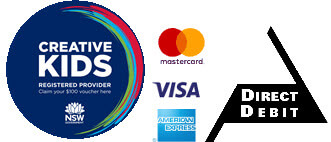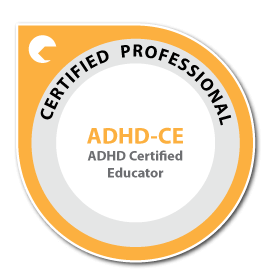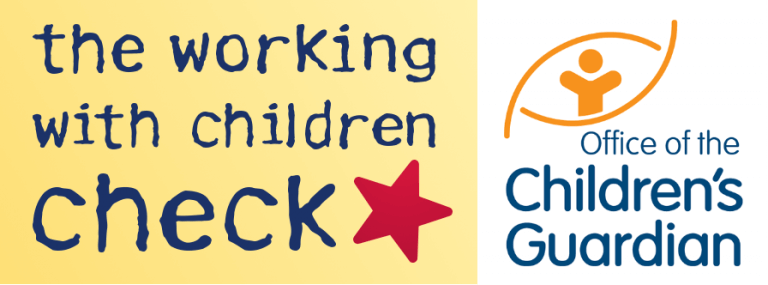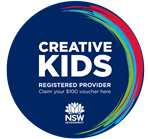Performing in front of an audience has many benefits. The personal development skills that you gain translate to all areas of your life. This is true for all ages – babies, toddlers, children, teenagers, adults, and seniors.
You cannot buy that experience. You cannon read that experience. You cannot watch that experience. You get it from doing. Performing.
Here are some of the key benefits.
1. Improved confidence and self esteem
Performing in front of your peers or in public is much more challenging (but more rewarding!) than playing alone or at the same time as others. Playing in front of an audience develops your concentration skills, your ability to control anxiety, and improve on your performance skills.
These are things that cannot be taught and improved upon alone, and often you are not aware of how you perform under those circumstances until you are under those circumstances.
Performing in front of your peers in a supportive environment or in public is a rewarding experience. The skills you develop stay with you permanently in life, and translate across every area of your life.
Confident and experienced toddlers are more likely to look at challenges in life in a positive light and power through them. Many adults lose this confidence for a variety of reasons. Learning music and performing is another way to set up all those confidence building blocks again and generating positivity in their life so they no longer feel powerless in certain situations.
2. Learn to acknowledge and deal with fear
Everyone has some form of self-doubt and fear of making mistakes. Almost no-one performs without any type of anxiety or nervousness.
The important thing here is to feel the fear and do it anyway.
It is ok to feel anxious and worried. The key is to feel it, acknowledge that it is there and a feeling that serves you, but is not there to control you. You fear the things you care about.
When it becomes second nature to be scared or fear something, but you continue on and do that thing anyway, you start to have more control over your situation.

Doing this repeatedly also puts other things in life in perspective.
How scary is that speech at school assembly or work presentation if you are used to performing a piano recital in front of your peers every few months?
3. Measurable goals
Having a goal of performing a piece of music, composing your own work and having it played, or singing a song you have been preparing on a particular date means that you can define clearly what you want to achieve by a certain date. When you are focused on preparing to perform or have your piece performed, your ability to focus and improve increases exponentially.
4. Become inspired by those more advanced than you
It is inspiring to see a peer or another student from another class perform an advanced piece, knowing that the person started off as a beginner at some point. Seeing what is possible is always inspiring and motivating and that ‘wow I want to play/sing/compose like that’ moment fuels your internal motivation.
Watching a student perform in a field that is different to what you are studying (eg piano, singing, composition, theatre, etc) may also inspire you to also try something new!
5. Everyone makes mistakes and works through them
You are not the only one learning, and you are not the only one that makes mistakes. There are a legendary pianists that had some of their concerts that they are ashamed of and would prefer to forget. Even after these embarrassing performances, they were able to move on.
What is important is that you see that everyone has some area that needs improving, and that may be different from you. It is important to be able to perform a piece, regardless of the mistakes you made, and keep going.. right.. to.. the.. end. Maintaining your composure and focus while knowing that you made mistakes (and that others may have heard it too) is a skill to develop.

6. A reference point to look back on
Recitals are like checkpoints in time that shows where you were at with your learning and performance development.
When you look back to your performance, you will not only see how much you have progressed and learnt since the last performance, you will see how far you have come through all your recitals. That is inspiring and motivating!
7. Do not compare yourself to others
Sometimes it might feel discouraging to see other students at a much more advanced level than you, especially when the person is younger than you, or started at the same level.
I remember watching a video on YouTube of a 4 year old child playing Flood Time by Eric Thiman . Comments following this video were things like:
- “I feel so untalented after watching this…”
- “Now I have a reason to donate my piano”
- “Meanwhile I am sitting here being a disappointment to my parents”
This was meant in humour, however these can be real feelings.

Remember that while some people do have an element of natural talent, they still had to dedicate hours and hours of additional practice to raise their level.
Also take note of the feeling you get when you are in this situation. It can be a positive message highlighting to you that it is something that you would like to do and are ready to dedicate more time to. Many times the difference of skill between the two people is just a decision. One has decided to make their goal a higher priority than other things.
8. Taking it further
Performing doesn’t just stop in front of your family and peers. You may wish to take your vocal skills or music skills to another level and audition for a community theatre or play. If you choose to take AMEB exams, or other competitions, you will already have performance skills well under way – one less thing to be concerned about when performing in those exams!




